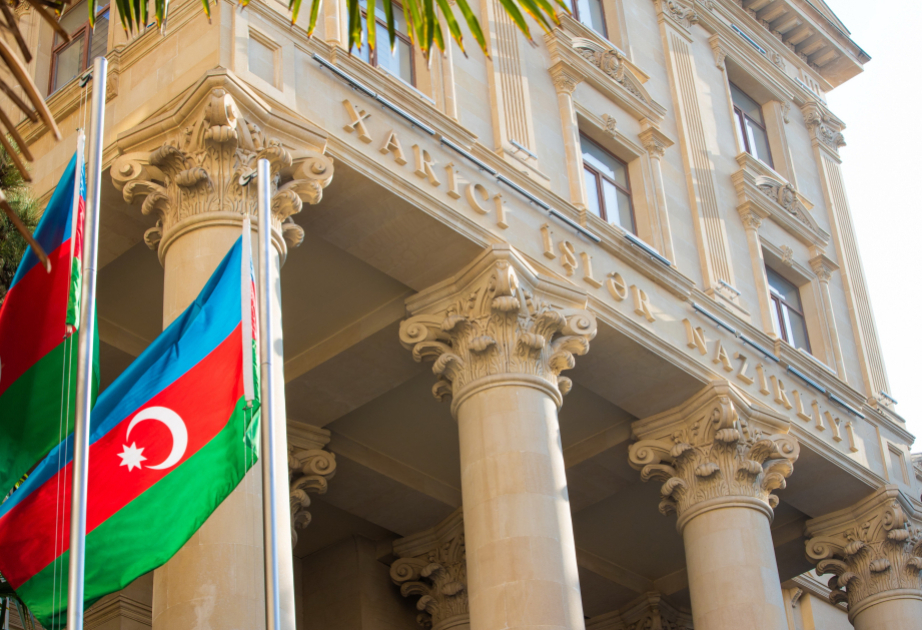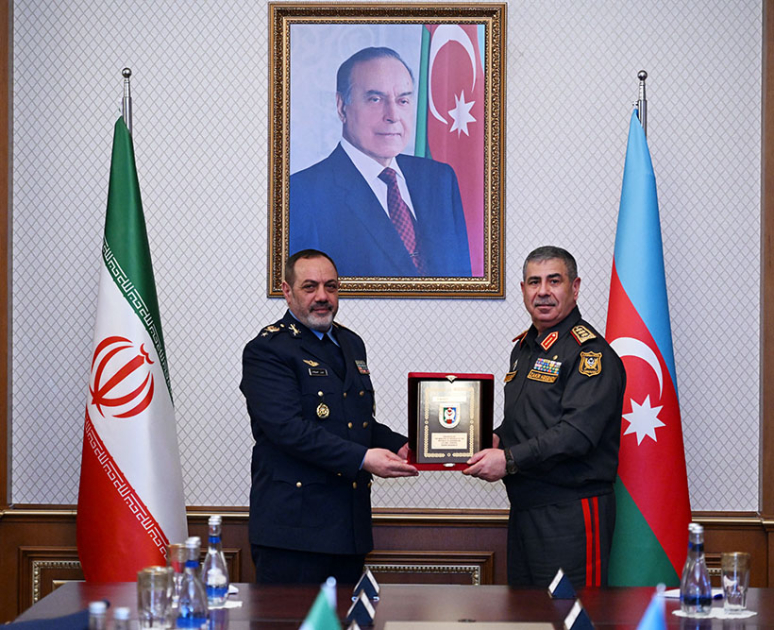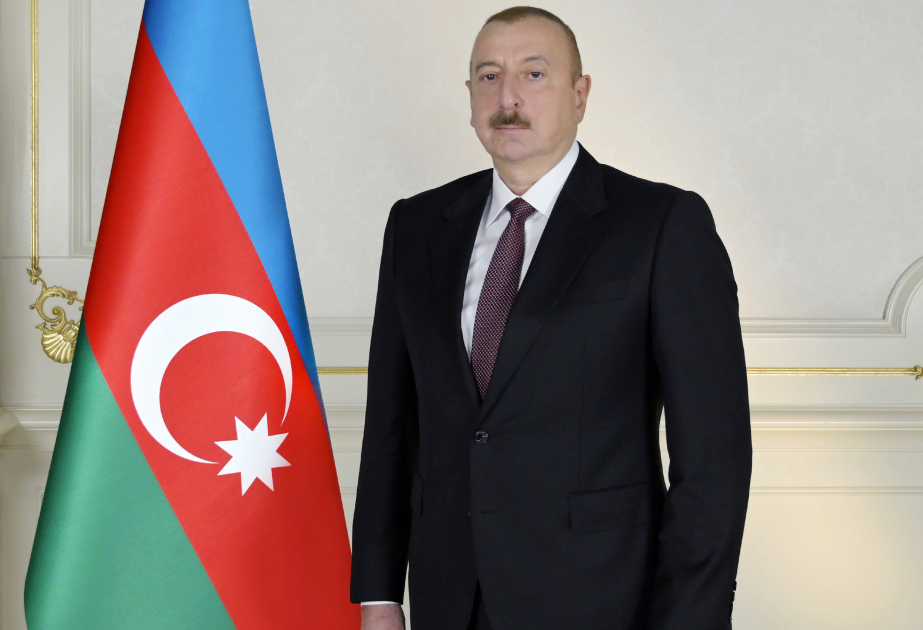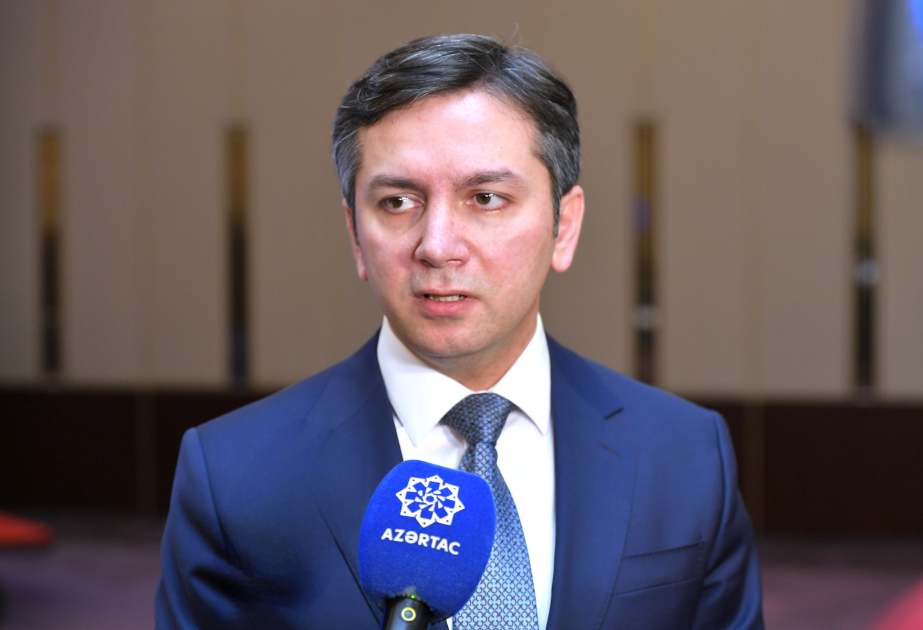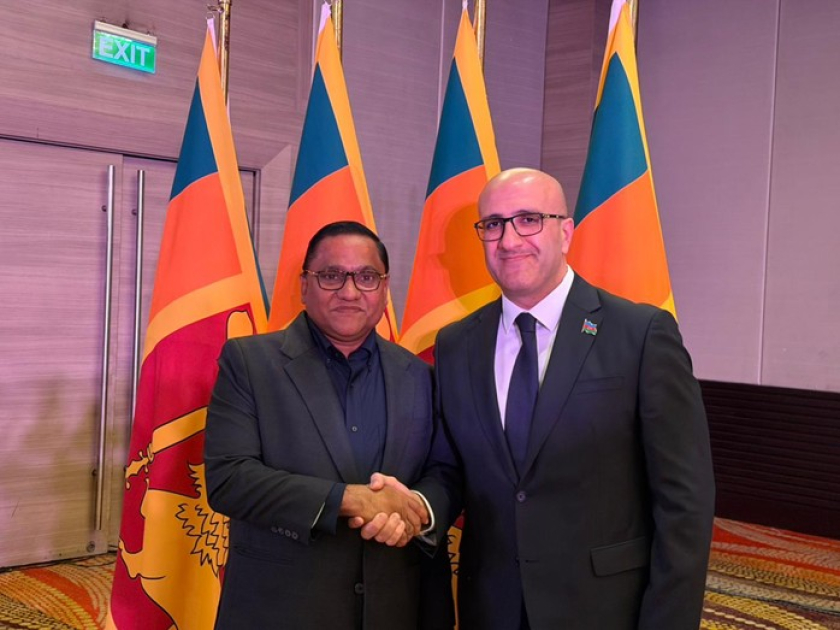(In the context of the saying "One nation, two states")
ARTICLE II
Heydar Aliyev is indeed a historical and even a legendary figure. This was also the case in the Soviet era, and it is the same in today's Commonwealth of Independent States, in the much more complicated modern world conditions...
Chingiz Aytmatov
"Nakhchivan synergy" of national state building: as an example of unification
Philosophical-synergistic conclusions can be obtained from the ideas highlighted above. For this, we need to introduce a new concept: "Nakhchivan synergy" of national state building. What does this concept mean in philosophical and political aspects?
a) "Synergism" and "synergy": brief philosophical-synergistic explanation
First, let's explain what we mean by "Nakhchivan synergy" of national state building. Since we have a philosophical-synergistic approach to the issue, the concrete and fundamental scientific content of the concept we have introduced should be determined.
The concept of "synergy" is used in synergetics. In addition, there is also the meaning of "synergism". They are different. Synergism generally refers to the synergistic "scientific organizing principle" of both the relationships between the real processes of complex and self-organizing systems (including society) and the study of these relationships. To put it simply, "synergism" means the real self-organization process of complex and non-linear systems and the universal research strategy (in the sense of M. Kastels, B. Latour, E. Moren, V. I. Arshinov). The main sign of synergism is the harmony, agreement, coordination of the elements of the system with each other. In this capacity, synergism is the main general epistemological principle that completes, integrates and organizes the system.
The concept of "synergy" is derived from synergism. Synergy is the actualization of elements within the system in harmony and unity in the specific energy aspect (visualization, objectification of potential due to actualization, taking material form, turning into a concrete factor).
Therefore, "synergy" is a heterogeneous (non-homogeneous, different nature, system-process or network composed of different elements) phenomenon with a concrete content as well as an abstract one. Depending on the nature of the studied object, synergy can be visualized or objectified in different forms. For example, if in physical systems it is an objectification of the harmony of quanta, in biological systems it can be a scientific image of the synthetic effect of the interaction of cells. In socio-political systems, it is the harmony of the activities of the subjects that make up the society against the background of a specific goal, reconciliation with each other and creating harmony.
We reduce the general philosophical-synergistic meanings of the concepts of "synergism" and "synergy" to the phrase "Nakhchivan synergy" as the concept of the conceptual scientific categorical apparatus of the concept of independent nation-state building in Azerbaijan (we "transfer" it to a specific topic in terms of meaning and content). The analysis in the text will show that there are serious scientific grounds for this, that is, we have the right to such a reduction.
b) "Nakhchivan synergy" of national state building
"Nakhchivan synergy" has a specific content within the concept of national independent state building. In addition to its theory, there are aspects of practical activity. Here, one aspect of the activity of the society, leadership and politicians on the whole of Azerbaijan for a single action in a specific region of Azerbaijan has been expressed. It involves combining, synthesizing, and achieving harmony and harmony of the activities (in synergistic terms: energies) of Nakhchivans (citizens, politicians, administrators, intellectuals and other classes) for building an independent state in Azerbaijan as a whole. . In this capacity, "the ultimate goal of national state building is the establishment of an independent state in Azerbaijan as a whole. We can point to four facts that support this thesis (in fact, there are many of them).
One of them was the demolition of the border with Iran in 1989 by the people. This was the message of the people of Nakhchivan to the whole world that the main issue is related to the independent statehood of Azerbaijan as a whole through practical action. Great heroism is a fragment of our history!
As a second fact, we can show that in 1990 it was in Nakhchivan that the glorious tricolor flag of the Azerbaijan Democratic Republic was accepted as the State Flag and it was ceremonially brought to the Nakhchivan Parliament. At the same time, the parliament of Nakhchivan petitioned the Supreme Soviet of Azerbaijan (at that time, the legislative body of Azerbaijan was called that) so that the state of Azerbaijan officially approves this flag as the State Flag!
The official adoption of the flag in a region of Azerbaijan, as a whole, as the State Flag of Azerbaijan, was a very remarkable and fundamentally important event from the point of view of national state building. This actually meant that the population of Nakhchivan, as a whole, "breathed" with the desire to see Azerbaijan as an independent state.
In the political context, this was the first time in the history of Azerbaijan that the flag accepted as a symbol of statehood in a region was raised as the official state flag by that region as a whole, addressing the legislative body of Azerbaijan!
Here, the people of Nakhchivan had two important political messages: one of them was the demonstration that the struggle for the statehood of Azerbaijan was actually being conducted in Nakhchivan as a whole. That is, we were not talking about a region of the country. On the other hand, there was an organization in Nakhchivan that coordinated this activity in an organized manner, directed it and set specific clear tasks!
The adoption of the ADR flag in Nakhchivan after the dismantling of the borders was a strategic message that the whole of Azerbaijan would be the target. In general, this was a revolutionary movement in the geographical-political and geopolitical space where Azerbaijan is located. It started from Nakhchivan, and it was implemented as a motivation for independent state building in North Azerbaijan!
The third fact. Against the background of all this, the Great Leader's arrival in Nakhchivan in the summer of 1990 seems to be a very important event. Was this a pleasant surprise of fate? Or is it the first step of a great political figure who dedicated his life to his Motherland to resume his activities?
In fact, such questions have no meaning other than rhetoric and "testing" emotions. Because Heydar Aliyev's activity showed that the greatest task of the Great Leader as a politician and statesman is to serve the people and the state. The national leader spoke openly about it. He even expressed his opinion that "if they terrorize me and my family on the path of independence, there is no way to withdraw from the path of independence." Therefore, the election of Heydar Aliyev as the Chairman of the Supreme Assembly of the Nakhchivan Autonomous Republic at the insistence of the deputies and thousands of people who gathered in front of the meeting hall at the extraordinary session of the Supreme Assembly of the Nakhchivan Autonomous Republic on September 3, 1991 was a turning point, giving new strength and impetus to independent state building in Azerbaijan. should be considered as an event. The point was that at that stage, Nakhchivan was in a difficult situation as an autonomous entity, and an experienced, strong-willed, skilled diplomat leader was needed to conduct the work perfectly on the way to independence. The processes showed very quickly that the people of Nakhchivan made the right choice.
The Great Leader said about that event: "I could not ignore the judgment of this time, these minutes, this hour... I took all the issues into account, taking into account the mood and demands of the people. I entrusted my destiny to the people and I must fulfill the will of the people, probably now in this period, in this difficult period.
Solidarity: as an element of "Nakhchivan synergy".
The fourth fact. Already on December 16, 1991, the Nakhchivan Supreme Assembly made a decision of historical significance for all of Azerbaijan. This was the decision on December 31 World Day of Solidarity and Unity of Azerbaijani Turks. This was a direct logical result of the Great Leader calling the people and politicians to unite! The date of December 31 was not chosen by chance: it was on December 31 that the borders were dismantled!
Thus Heydar Aliyev organically synthesized two events within a single political logic in order for Azerbaijan to become an independent state: he combined the general concept of building an independent state with the results of the people's practical activities! This is one of the important signs of "Nakhchivan synergy" of the national state building concept in synergistic terms! In this context, the researchers' opinion that "the decision taken in Nakhchivan on December 16, 1991 is of great importance in terms of promoting the ideology of Azerbaijaniism and ensuring national unity" is completely justified.
When we approach the issue a little deeper, we can put forward the opinion that Heydar Aliyev carried out the first test of the ideology of Azerbaijanism in Nakhchivan in order to exclusively realize independent state building. This was a great ideological step, an innovation from the point of view of application. Because in the Eurasian space, there is no second example of expressing the ideology that can be successful for the country as a whole in a specific legal document in a form that everyone will accept on a specific topic.
On the basis of that document, the goals of the close union of the Azerbaijanis of the world for the purpose of an independent state were clearly visible. The extraordinarily active activity of world Azerbaijanis at the congresses held on the day of solidarity also confirms that the theoretical meaning and real-practical content given by the great leader to the concept of "solidarity" has a strong influence and unifying potential. Socio-political solidarity is the main guarantee of salvation. Without purposeful unity of society, it is impossible to achieve collective success.
In addition, the philosophical-synergistic meaning of solidarity has acquired concrete content for Azerbaijan in the example of Heydar Aliyev. The great leader made the issue relevant in this aspect: the path to independence passes through solidarity, and solidarity specifically requires unity of action for a single goal! In this regard, solidarity is one of the main signs of the synergy of the Nakhchivan stage of national state building! At the same time, it is the main mechanism for the transformation of "Nakhchivan synergy" into "Azerbaijan synergy" at a later stage!
Before proceeding to the analysis of this aspect of the issue, let us emphasize an important feature of national state building. We envisage several tactical and strategic functions of "Nakhchivan synergy" at a specific stage.
(to be continued)
Fuzuli GURBANOV,
XQ analyst, doctor of philosophy


.jpg)

